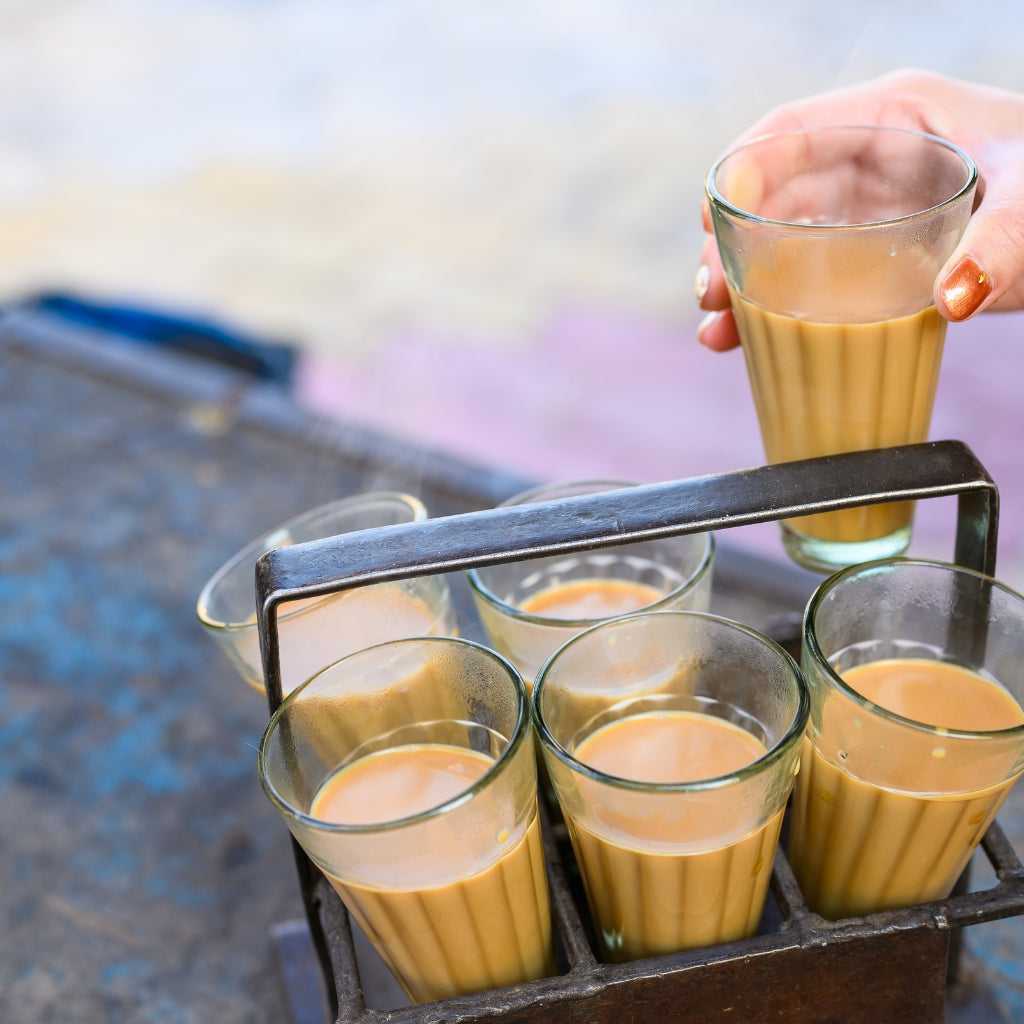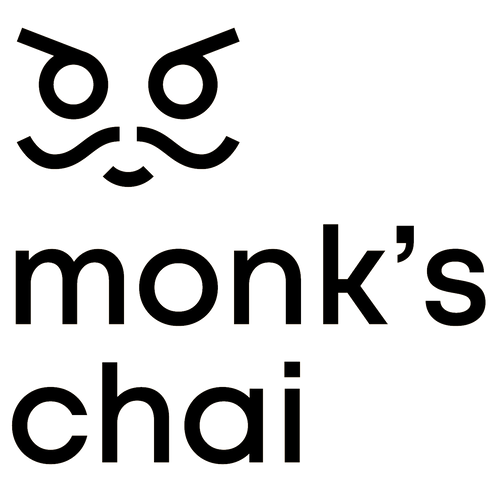Caffeine sensitivity is a topic of interest for many, especially those who enjoy indulging in a warm cup of tea. Understanding how caffeine affects individuals differently can enhance your tea-drinking experience and overall well-being. In this article, we delve into the intricacies of caffeine sensitivity, exploring its types, symptoms, diagnosis, and practical recommendations for tea lovers.
What is Caffeine Sensitivity?
Caffeine sensitivity refers to the body's response to caffeine intake, which can vary significantly among individuals. While some people can consume caffeine without any adverse effects, others may experience sensitivity variations.
The Symptoms
Symptoms of caffeine sensitivity can vary widely and may include:
- Jitteriness: Feeling nervous or on edge after consuming caffeine.
- Increased heart rate: Experiencing a rapid heartbeat or palpitations.
- Anxiety: Feeling excessively worried or uneasy.
- Insomnia: Difficulty falling asleep or staying asleep, especially after consuming caffeine later in the day.
- Digestive issues: Upset stomach, acid reflux, or gastrointestinal discomfort.
- Headaches: Experiencing tension headaches or migraines as a result of caffeine consumption.
Types of Sensitivity
Caffeine sensitivity can manifest in three main types:
- Normal sensitivity: Individuals who can consume moderate amounts of caffeine without experiencing significant adverse effects.
- Hyposensitivity: People who have a higher tolerance to caffeine and may require larger doses to experience its effects.
- Hypersensitivity: Those who experience adverse reactions even with small amounts of caffeine, such as jitteriness, palpitations, anxiety, digestive issues, headaches, and increased heart rate.
Sensitivity Diagnosis
Diagnosing caffeine sensitivity often involves self-awareness and monitoring of individual responses to caffeine consumption. Keeping track of symptoms and their severity can help determine your level of sensitivity and make informed decisions about your caffeine intake.
Caffeine in Coffee Compared to Tea
When comparing caffeine content, tea generally contains less caffeine than coffee. This makes tea a suitable alternative for those looking to reduce their caffeine intake or manage sensitivity. However, it's essential to note that caffeine levels can vary depending on factors such as tea type, brewing method, and steeping time.
Recommendations when Having Monk’s Specialty Chai

For tea lovers seeking alternatives to coffee, Monk’s Specialty Chai offers a delightful option. This aromatic blend provides a flavorful experience without the jolt of caffeine found in coffee.
An Ideal Replacement for Coffee
Start your day on a soothing note with Monk’s Specialty Chai, offering a delightful alternative to the jolting effects of coffee. Unlike coffee, which can often leave you with a caffeine crash, Monk’s Specialty Chai provides a gentle boost of energy without the subsequent slump. Sip slowly, savoring the rich flavors of cinnamon, cardamom, and cloves that dance on your palate. Embrace the ritual of brewing your perfect cup, knowing that you're nourishing your body and mind with a beverage that invigorates without overwhelming.
For more detail, read our post: Does chai have caffeine?
Avoid Consuming Before Bed
While Monk’s Specialty Chai offers a delightful experience any time of day, it's essential to be mindful of its caffeine content, especially before bedtime. Consuming caffeine too close to bedtime can disrupt your sleep patterns, leading to restlessness and insomnia. Instead, reserve your cup of Monk’s Specialty Chai for earlier in the day, allowing your body ample time to metabolize the caffeine and ensuring a restful night's sleep.
Read more: Chai tea before bed
Explore Decaffeinated Options
For those who are sensitive to caffeine or simply prefer to enjoy their tea without its stimulating effects, decaffeinated versions of Monk’s Specialty Chai offer a perfect solution. Indulge in the same exquisite blend of spices and flavors, minus the caffeine content. Whether you're winding down after a long day or simply seeking a moment of tranquility, decaffeinated Monk’s Specialty Chai provides all the warmth and comfort without any of the potential sleep disturbances. So go ahead, brew a cup of decaf chai, and with each sip, feel the stress of the day melt away, leaving you refreshed and rejuvenated.
Understanding caffeine sensitivity can empower tea lovers to make informed choices about their beverage consumption. Whether you prefer a soothing cup of herbal tea or a robust brew of Monk’s Specialty Chai, being mindful of your caffeine intake can contribute to a more enjoyable tea-drinking experience.

